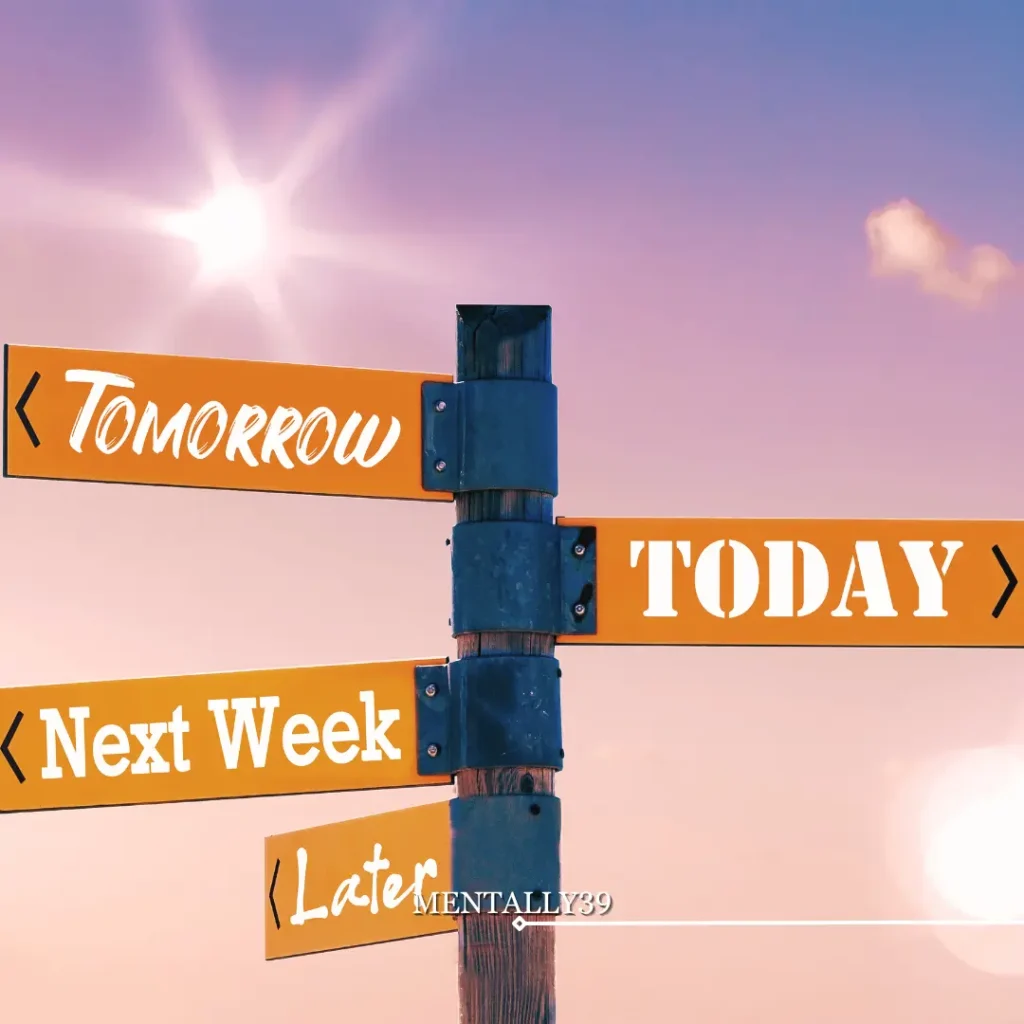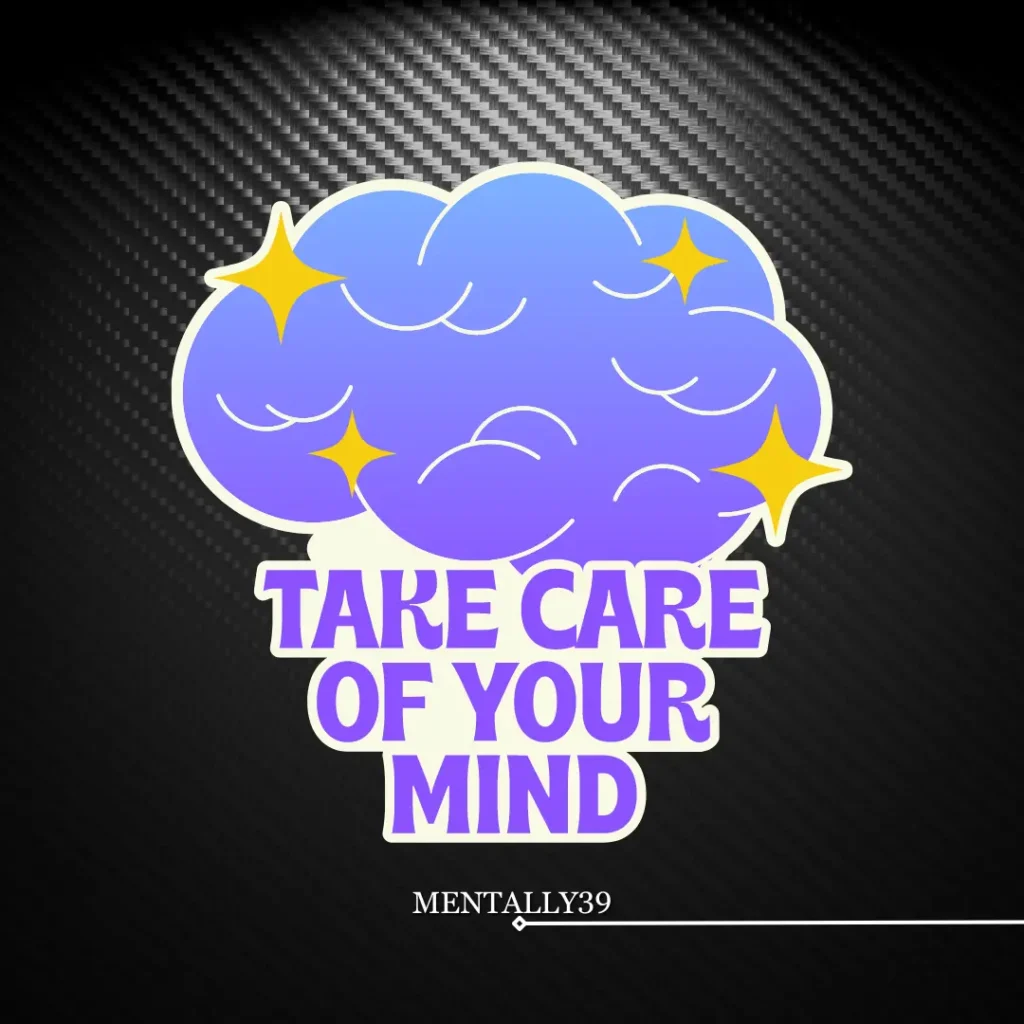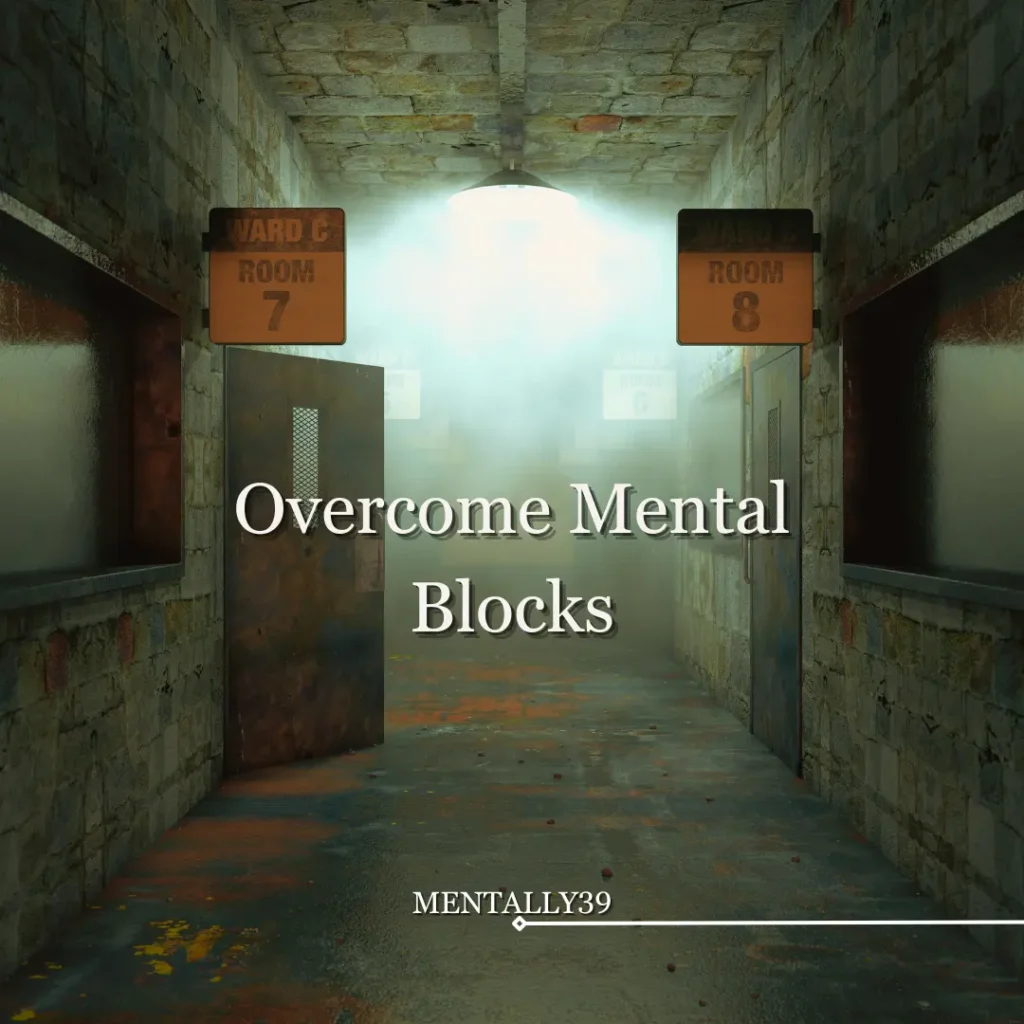Ever feel like your brain is running in place? That’s a mental block. We’ve all been there, staring at a blank screen or feeling paralyzed at work. But why do these roadblocks pop up, and how can we push past them? Those were the questions I was asking recently when I ran into a writer’s block. It helps that I don’t consider myself a writer; I just like sharing information. Otherwise, I can picture myself in the featured photo.
Identifying mental obstructions isn’t always easy. You think you’re doing great, and then all of a sudden, you’re having recurring or intrusive thoughts or behavior patterns that chip away at your confidence and focus. The causes? They’re as varied as they are frustrating. Mental exhaustion, poor sleep, inadequate nutrition, and even medication side effects can all play a role. Perfectionism and procrastination are frequent culprits, too, along with cluttered work areas and that pesky impostor syndrome.
But here’s the good news: we can work through a mental block. By breaking down tasks, changing our surroundings, or simply taking a breather, you’re more likely to get back on track. It’s about recognizing the signs and taking action before that block becomes a mountain.
Table of Contents
What is a Mental Block?
What are mental blocks? Well, they are like your brain’s pause button. We’ve all hit this pause at some point. It leaves us feeling very unaccomplished and frustrated. You’ll get blocks popping up in many areas of your life. You’re in a creative process, working on a project or performing an everyday task, and then suddenly, you can’t remember what you were doing or why you were doing it.
Definition and Characteristics
Mental blocks happen when you’re overwhelmed and can’t process info or think of ideas. It could be mental fatigue, underlying stress, or that less-than-stellar sleep you’ve been getting. When we hit a mental block, we might stare at a screen for hours or feel overwhelmed by simple tasks.
Impact on Productivity and Creativity
Mental blocks at work can really slow down productivity and creativity. They make it hard to finish projects or think of new ideas. Tony Robbins says mental blocks lead to trouble focusing, thinking, or solving problems, causing a lack of drive.
Common Symptoms of Mental Blocks
Knowing the signs of a mental block is vital to beating it. Some common symptoms include:
- Difficulty focusing on tasks
- Feeling overwhelmed or anxious
- Procrastination
- Loss of motivation
- Inability to make decisions
Mental blocks can also manifest as imposter syndrome, a condition in which we doubt our skills even when we’re good at them. Spotting these signs is the first step to tackling and beating mental blocks.

The Psychology Behind Mental Blocks
Mental blocks affect us in many areas, like sports and work. They come from our thoughts, often when we feel too much stress or worry about results. Feeling tired mentally also plays a big part, making it hard to think straight and do tasks well.
When our mind and body don’t connect right, we might feel anxious or scared to do things. This feeling can be especially strong in athletes. How we see ourselves can also make mental blocks worse.
Burnout is a big reason for mental blocks, hitting 60.2% of workers today. This shows how urgent it is to tackle these blocks. Putting things off is a common way to deal with them, but it only makes things worse.
Over 80% of adults experience imposter syndrome at some point in their lives, contributing to self-doubt and mental blocks.
But, there are ways to beat these obstacles. Techniques like Neuro-Linguistic Programming help athletes defeat mental blocks. The A-Circle diagram helps change how we see things, helping us deal with problems better. Getting help from mental performance experts can also be very helpful.
Common Causes of Mental Blocks
Mental blocks can stop us from moving forward. It’s important to know what causes them to overcome them.
Mental Exhaustion and Burnout
Mental exhaustion can really slow us down. A hefty 65% of employees say mental blocks make burnout worse. If we don’t tackle it, our work can suffer a lot.
Fear and Self-Doubt
Self-doubt can freeze our thoughts and actions. Shockingly, 60% of workers face mental blocks every week or day. These fears of failure or not being good enough need to be faced to break through.
Perfectionism and Procrastination
Chasing perfection can cause us to put things off. This cycle of perfectionism and procrastination blocks our progress, stopping us from starting or finishing tasks.
Environmental Factors
Our environment can impact our mental state. A cluttered workspace and numerous distractions can hinder concentration, whereas a conducive environment can help overcome mental barriers.
“Providing mental breaks can have a transformative effect on mental health and burnout.”
By tackling these common causes, we can find ways to overcome mental blocks, which will boost our productivity and creativity.
Identifying Mental Blocks in the Workplace
Mental blocks can sneak into our work, slowing down our creativity and productivity. We might get stuck looking at a full inbox or a long to-do list. Almost 60% of workers face mental blocks every week or day.
Those in creative jobs often struggle the most. They find it hard to keep their innovative ideas flowing. Signs of mental blocks include:
- Feeling unmotivated or irritable
- Difficulty sleeping or eating
- Struggling with new problems or tasks
- Comparing oneself to others
- Procrastinating on important projects
Interestingly, 63% of workers feel blocked when working alone, but this drops to less than 40% when they work together. This shows how teamwork helps overcome creative barriers.
The work atmosphere is key in preventing mental blocks. Cluttered desks and disorganized spaces can lead to anxiety and depression. Using ergonomic workspaces and standing desks can help stay focused and avoid mental blocks.
Communication in the workplace can prevent mental blocks by addressing concerns early on.
We can overcome mental blocks and boost our creative potential by spotting these signs and creating a supportive work climate.
The Impact of Mental Blocks on Creativity
Mental blocks can really slow down creative people. They pop up when we face big challenges or try to think outside the box. These blocks block our natural creativity, leaving us uninspired. This happens to me in landscape photography; sometimes, I can’t see the image. When that happens, I put my gear away for weeks or months until I feel inspired.
How Mental Blocks Stifle Innovation
When we really want to solve a problem, our minds can get stuck. This is because we’re too focused on the “right” answer. But creativity grows when we explore many options and accept uncertainty.
Our long-term memory might hold the secret to creativity. Yet, mental blocks make it tough to keep our thoughts flowing.
Long-Term Effects on Creative Professionals
Long-term, mental blocks can cause big problems for creative folks. They might feel less confident, miss deadlines, and produce average work. In extreme cases, it can even lead to burnout and affect our physical health.
Ignoring our creativity can limit our thinking. This can make it hard to think outside the box.
Breaking Through Creative Barriers
We need to build good habits and spot our thought traps to beat mental blocks. A supportive work environment can boost creativity. Mindfulness and meditation can calm our minds and help us notice our thoughts and feelings better.
Working with others and brainstorming can also spark new ideas. This way, we can find fresh solutions together.
“Awakening creativity involves acknowledging our inherent creative potential and breaking down mental barriers.”
By accepting mistakes, learning from failures, and growing, we can unlock our creativity. This helps us move past mental blocks.
Mental Block: Recognizing and Addressing the Issue
Mental blocks can really hurt our work life. If we don’t deal with them, they can make us less productive and unhappy. The first step is to notice when we’re stuck.
Feeling uninspired or unable to focus are common signs. We might also feel unmotivated or avoid certain tasks. These feelings may come from fears, doubts, past failures, or too much pressure.
To tackle mental blocks, we should:
- Face our fears
- Change negative thoughts into positive ones
- Keep questioning our fears
- Understand how our mind and body connect
Writing down our thoughts can help us see patterns. It’s important to take action, pay attention to our feelings, and accept them. Getting help from a psychologist can offer support and strategies to beat these blocks.
“The only way to overcome a mental block is to face it head-on and push through it.”
By tackling mental blocks, we can improve our workplace. In the long run, we’ll feel happier and more creative.

Practical Strategies to Overcome Mental Blocks
Mental blocks can be tough, but we have solutions to beat them. Let’s examine some effective strategies for boosting creativity and productivity.
Breaking Down Projects into Smaller Tasks
When a task seems too big, break it down into smaller steps. This makes it easier to handle and less scary. Start with simple tasks to build your confidence and momentum.
Changing Your Environment
Changing your surroundings can help your mindset. Try working in a new spot or rearranging your desk. New places can spark new ideas and help you stay focused.
Taking Strategic Breaks
Breaks are essential for your mind. Take a short walk, meditate, or even nap. These breaks can refresh your mind and make you more creative.
Seeking Outside Perspectives
At times, we need someone else’s perspective. Talk to colleagues, friends, or mentors. They might see things you haven’t considered before.
“Collaboration is the key to unlocking creativity and overcoming mental blocks.”
Remember, mental blocks are usually temporary. Using these strategies can help you face challenges and increase your productivity. If you’re feeling mentally foggy, check for a B12 deficiency. It can affect your thinking.
Mindfulness Techniques for Mental Clarity
Mindfulness is key to doing better every day. It helps us feel less stressed and clearer in our minds. Studies show it’s good for our health, mind, body, and connecting with others.
Adding mindfulness to our daily routine can tackle mental health issues. This includes stress, anxiety, depression, and addiction. Mindfulness-Based Cognitive Therapy (MBCT) is excellent for stopping depression from coming back.
Here are some mindfulness techniques to boost mental clarity:
- Breathing exercises
- Body scan meditation
- Guided imagery
- Mindful eating
Using these techniques regularly changes our brain’s pathways. This improves how we handle ourselves, focus, and react emotionally. Being more aware of our thoughts helps us see patterns that hold us back, allowing us to do better in life.
To start with mindfulness, try apps like Balance for meditation or The Five Minute Journal for journaling. These tools help us feel thankful, less stressed, and more self-aware. This leads to clearer thinking and better well-being.
The Role of Self-Care in Preventing Mental Blocks
Self-care is key for keeping our minds healthy and avoiding mental blocks. Neglecting our well-being can make us feel overwhelmed and hurt our productivity. This is especially true for those working from home, where work and personal life can mix too much.
Importance of Adequate Sleep
Enough sleep is essential for clear thinking. The CDC says one in three Americans don’t get enough sleep. Not sleeping well can make us tired and less sharp. Sleep 7-9 hours each night to stay focused and ready for challenges.
Nutrition and Exercise for Mental Health
Eating right and exercising help our mental health. Eating foods full of vitamin B12 can fight depression and memory loss. Even when working from home, moving your body can lift your mood and help you think better.
Stress Management Techniques
Stress often causes mental blocks. A survey found that 83% of Americans feel stressed at work. Here are ways to manage stress:
- Practice mindfulness or meditation
- Take regular breaks throughout the day
- Establish clear boundaries between work and personal time
By focusing on self-care, we can lower the chance of mental blocks and feel better overall. Remember, taking care of yourself is not selfish. It’s crucial for staying productive and creative in all areas of life.
Tools and Resources for Managing Mental Blocks
We often face challenges in staying creative and productive. Mental blocks can lead to missed deadlines and frustration. Luckily, there are tools and resources to help us overcome these obstacles.
Project management software like Wrike can be a game-changer. It helps break down projects into manageable tasks, making them less daunting. Creative brief templates guide our work, providing structure when we feel mired in our brain’s muck.
Journaling apps offer a digital space to clear our minds. They’re great for brainstorming and working through complex ideas. Meditation apps can help quiet inner chatter, reducing stress that often leads to mental blocks.
- Time tracking tools to boost productivity
- Mind mapping software for visual thinkers
- Noise-canceling headphones to minimize distractions
- Collaborative workspaces for fresh perspectives
Research shows that 60% of workers experience mental blocks weekly or daily. This can cost companies millions in lost productivity. We can tackle mental blocks head-on and stay on track with our projects using these tools.
“The right tools don’t just make work easier; they unlock our creative potential.”
Remember, the goal is to find what works best for you. Experiment with different resources and create a toolkit that keeps you focused and inspired. We can turn mental blocks into stepping stones for success with the right approach.
Conclusion
Mental blocks can be challenging, but we can beat them. When you feel stuck, try breaking tasks into smaller parts. If you’re feeling overwhelmed, change your environment or seek new views.
Self-care is key to success. Eating well, staying hydrated, and sleeping enough boosts your mental clarity. Take breaks and practice mindfulness to stay focused when working on tough projects.
Understanding and tackling the causes of mental blocks sets you up for success. Remember, facing obstacles is normal. But with persistence and the right strategies, you can overcome any mental block.
20+ Years as a Special Education Teacher
NASM Certified Nutrition Coach,
Certified Trauma Informed Trainer
Mindset and Motivation Master Life Coach
